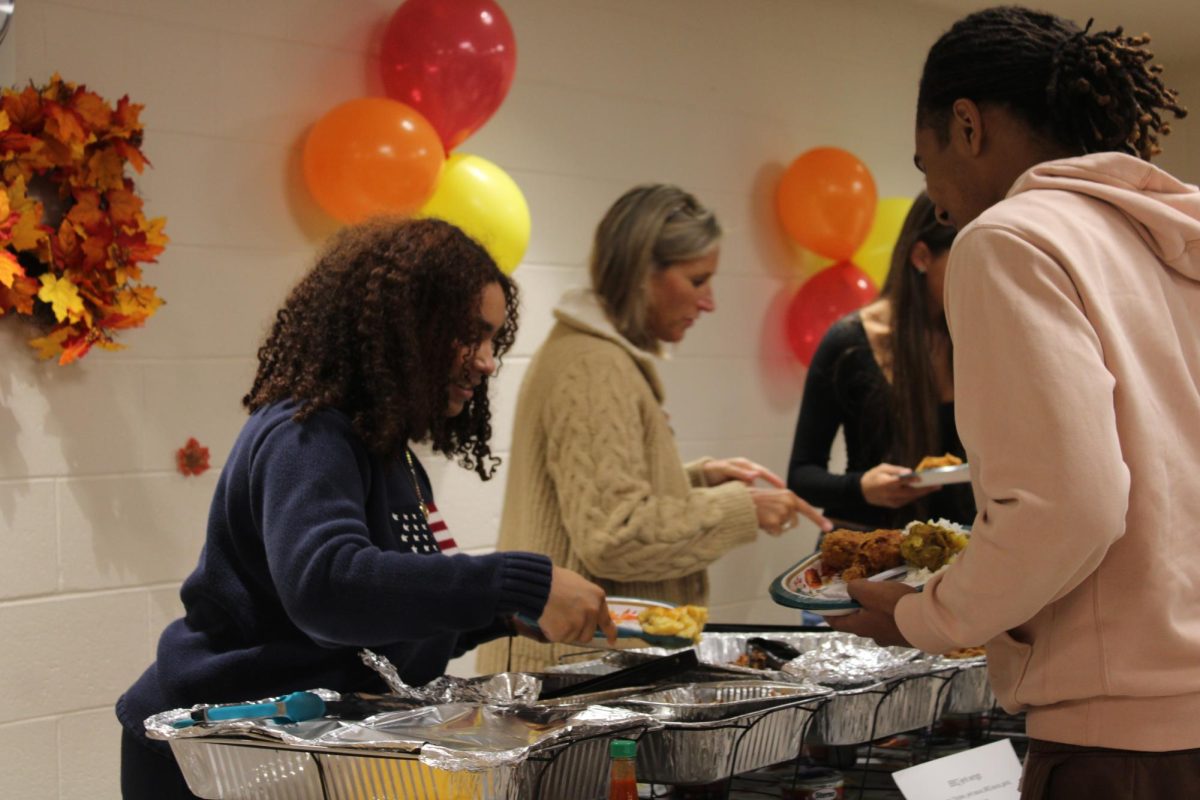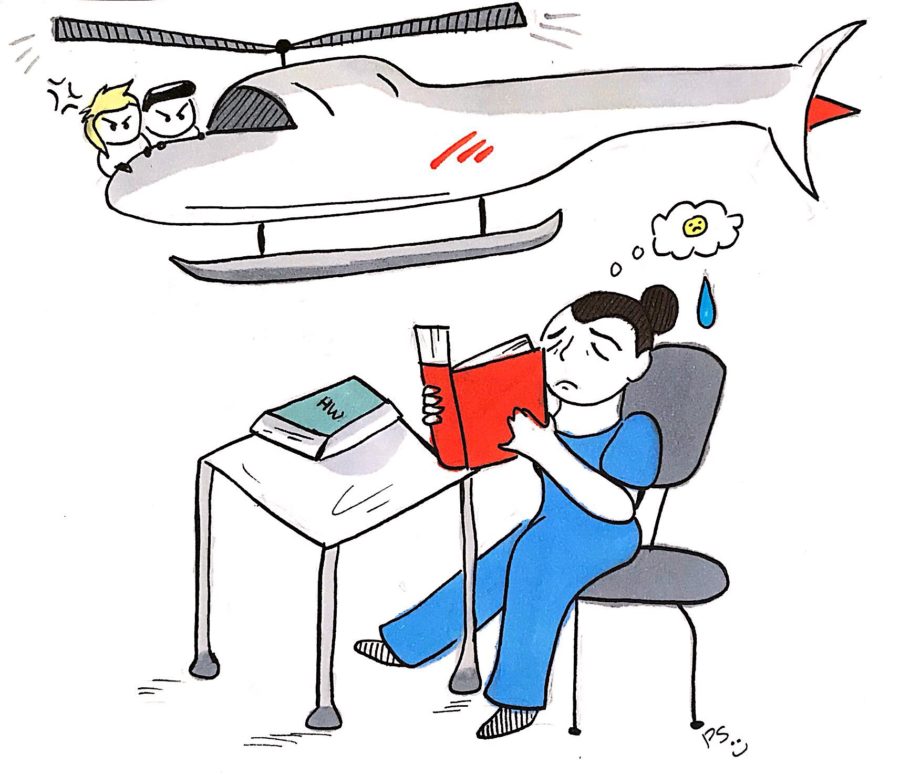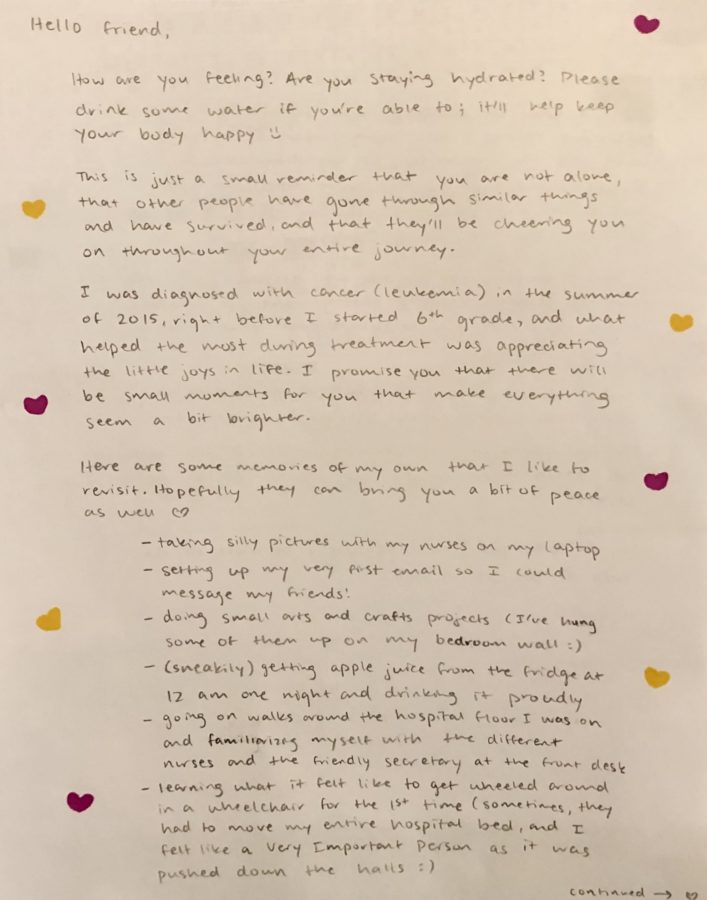By Hyunjin Lee, Staff Reporter
Roughly a month ago, a group of 50 wealthy parents were charged in a college admission scandal, re-emphasizing a popular type of parenting—snowplow parenting. A snowplow parent is someone who tries to do anything, regardless of legality, to push obstacles from their kids’ paths to success. This is different from helicopter parenting, first coined by child development researchers in the ’90s—the practice of keeping a stifling watch over all of their children’s activities. Nevertheless, both types of parenting prevent kids from truly living and eventually throw them into the real world unprepared.
Although America was founded on the ideal of an “American Dream,” the competitive atmosphere of the world today makes it increasingly difficult to obtain that “dream,” and no longer is it the case where hard work definitively returns success. Parents, frightened by the prospect that their children may never reach their dreams, feel it is their duty to make sure that dream is achieved. Whether it be a dream college or a dream career, parents take it upon themselves to ensure their kids get there.
According to economists Matthias Doepke and Fabrizio Zilibotti, co-authors of the book “Love, Money, and Parenting: How Economics Explains the Way We Raise Our Kids,” unequal societies like the U.S. lead parents to perceive the world with a “winner takes all” mindset. For example, many parents believe that if their child went to, say, Penn State University rather than the University of Pennsylvania, they will not be successful in life. It is this belief that serves as the main motivator to problematic snowplow parenting.
In the recent high-profile case of several celebrity parents, American actress and model Lori Loughlin paid hundreds of thousands to ensure that her daughters’ road to acceptance at the University of Southern California would be literally free of obstacles. Not only was this unethical, but the scandal tainted her daughters’ names, handicapping them rather than helping them for the beginnings of their adult lives.
Even for ordinary parents, less extreme forms of snowplowing serve as a critical part of their parenting philosophy. For example, writing their kids’ application essays, making appointments and calling their kids’ teachers to argue about grades. A recent poll conducted on American parents by the Morning Consult, a global technology and medial company providing data service tools, revealed that 22% of parents helped college kids study for a test. Rather than allowing their children to advocate for themselves, parents take the lead, clearing every difficulty out of the way so their kids can have the biggest advantages.
While parents may believe snowplowing is only for their kids’ best interest, scientific research and surveys state otherwise. A 2016 study conducted by the University of Edinburgh’s School of Philosophy, Psychology and Language Sciences found that children who experienced high levels of parental control and protection were prone to unhappiness and unfulfilling relationships in the future. What parents fail to realize is that, by depriving their kids of a sense of independence and self-advocacy growing up, their children are completely unprepared when they enter college, and later, the adult world. In The Daily Herald, behavioral health expert Cecilia Horan said the parents “really are not helping, because the child never learns how to fail.”
Even at Conestoga, it is often parents rather than students who contact teachers about problems. When those students finally leave home and go to college, they will suddenly be hit with the reality that their parents are no longer there to be their advocates. Students end up needing to return home from top universities not because of class difficulties but because they cannot cope with basic adult skills. For example, the lack of experience in making life decisions, contacting professors, or remembering to wake up and complete an assignment can all shock a college student whose parents have always done everything for them. While parental help is necessary at times, parents must step back or risk raising kids to be dependent and helpless adults.

























































































